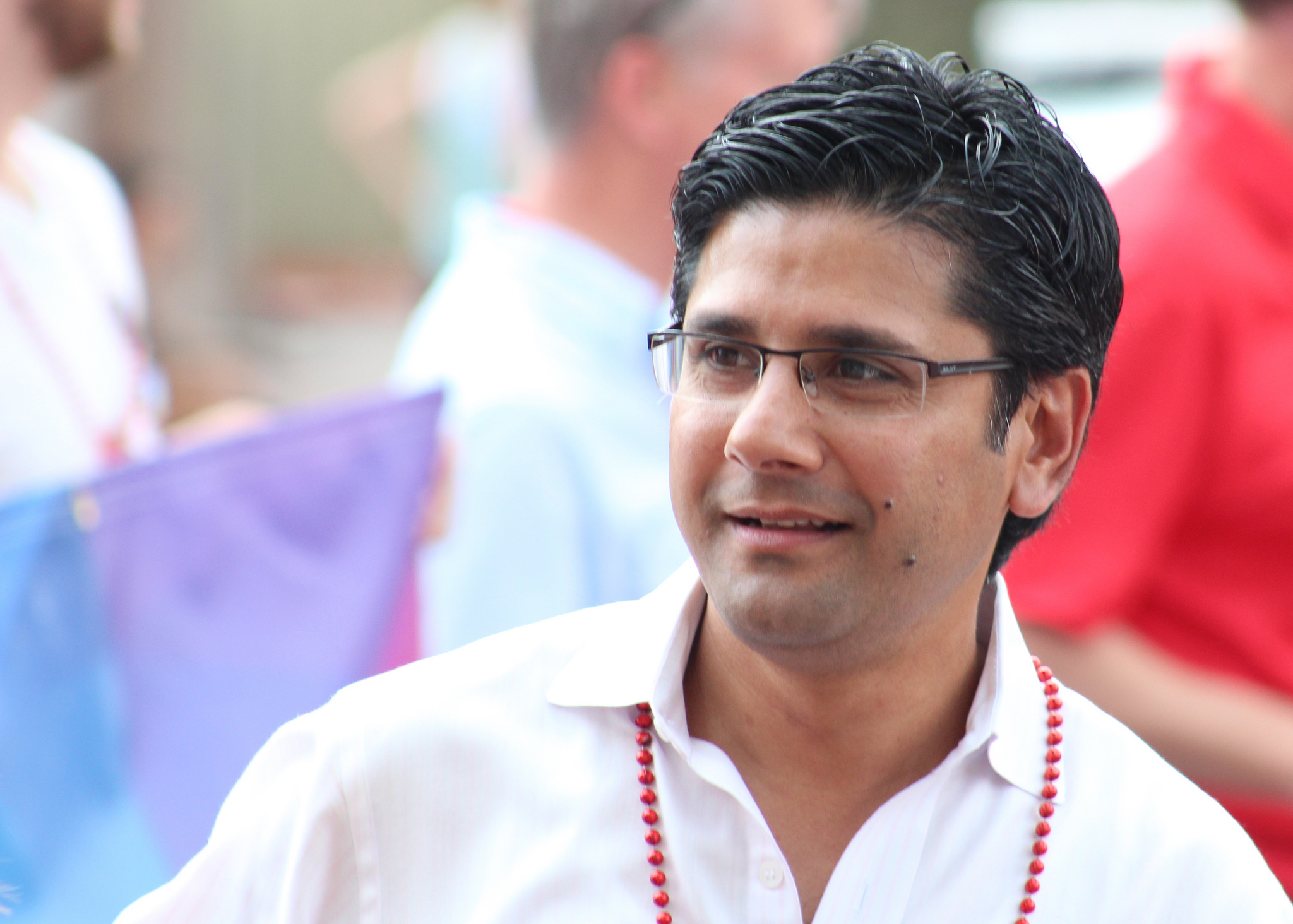In a landmark shift, the Canadian government has acknowledged that HIV-positive people who are properly taking medication cannot transmit the virus and should no longer be prosecuted.
Two announcements, which came on World AIDS Day, could significantly change the course of a country that has been a world leader in prosecuting HIV-positive people who don’t disclose to their sexual partners.
Ontario’s attorney general, Yasir Naqvi, announced Dec 1, 2017, that the province would stop prosecuting some HIV-positive people who pose no risk of transmitting the virus, even if they don’t disclose their status.
Until now, a person could be charged with aggravated sexual assault — one of the most serious crimes under Canadian law — for not disclosing their HIV status before sex in Ontario, and given a lifetime on the sex offender registry, even if their partner didn’t contract HIV. An HIV-positive person would have to both wear a condom and have a suppressed viral load to avoid prosecution for non-disclosure.
This despite conclusive evidence that it is nearly impossible for someone who is on treatment and has a suppressed viral load to transmit the virus.
Ontario’s announcement followed a federal government report saying Canada should move away from using the “blunt instrument” of criminal law to prosecute people for HIV non-disclosure in all but the most extreme, intentional circumstances.
The report, also issued Dec 1, 2017, says people should not be prosecuted for non-disclosure if they wear condoms or have an undetectable viral load, or have only oral sex.
Ontario currently leads the pack around the world with some of the highest prosecution rates for HIV non-disclosure. But under its new guidelines, Ontario prosecutors will stop charging HIV-positive people for failing to disclose the virus, as long as they have had an undetectable viral load for six months.
No other province has announced if they will make similar changes to how they treat HIV non-disclosure cases.
HIV activists across the country applaud both the federal government and Ontario’s moves, but say neither are enough to fully deal with the problem of HIV overcriminalization.
“It’s a good day for the fight against unjust HIV criminalization. There’s more to be done, certainly, but we’ve taken a step forward,” says Richard Elliott, executive director of the Canadian HIV/AIDS Legal Network.
Elliott points out that while the federal government’s report is very close to what HIV activists have asked for, it doesn’t come with any concrete changes to the legal system. And while Ontario’s announcement is more practical, it leaves out crucial changes, such as not prosecuting people for oral sex or sex with condoms.
The Canadian HIV/AIDS Legal Network joined with over 150 other HIV/AIDS organizations across the country earlier this week to issue a consensus statement calling for an end to HIV overcriminalization.
The statement says criminal law should only be applied to those who use no safety measures, intentionally try to spread HIV, and who do transmit the virus. It also calls for not just provincial prosecutorial guidelines, but changes to Canadian criminal laws.
Sara Chown, executive director of YouthCO, another organization that signed the consensus statement, works in BC where there are still no prosecutorial guidelines on HIV non-disclosure. She too calls the Ontario guidelines a good first step, and says now other provinces need to follow suit.
“For us to celebrate this in British Columbia, we really need the government here to create prosecutorial guidelines that reflect the evidence,” she says.
She also says it is important to change how other levels of government treat HIV, such as police forces that still publish the names and photographs of people accused of HIV non-disclosure before their cases are ever tried in court.
The federal Department of Justice report says that criminal law should still apply to HIV non-disclosure in cases where someone is reckless or intentional in spreading HIV. Alex McClelland, a researcher at Concordia and another signatory to the consensus statement, says that of all the Canadians he has interviewed who have been charged for non-disclosure, none fit the profile of intentional predator.
More often, he says, the law falls most heavily on people who are vulnerable, and trying their best to protect their partners. One of his interview subjects, he says, is a transgender sex worker with an undetectable viral load who was sexually assaulted at knifepoint, only to be prosecuted for not disclosing her status to the man who assaulted her.
Another straight Black man — a group disproportionately targeted by the law — knew his undetectable status made it impossible to transmit the virus, so he did not disclose. His girlfriend went to the police, but later retracted her accusation after she realized what had happened. It was too late, and he ended up in prison.
McClelland says he would like to see criminal law removed from dealing with HIV altogether, but admits there is considerable debate even among HIV activists about how exactly to move forward.
The Ontario ministries of health and justice say they will hold a roundtable in 2018 to listen to HIV activists and health officials to hash out the details. Tim McCaskell, a veteran activist, says the most important thing is that governments are finally listening.
“This is the best news of the day,” he says. “It’s been such a Sisyphean struggle. We’ve been pushing and pushing on this, and the victories have been few and far between.”
Though McCaskell welcomes the changes, he wishes the governments hadn’t taken so long to catch up.
“I wish they could have done this 10 years ago, when they should have,” he says. “It would have saved a lot of grief, and a lot of infections too.”


 Why you can trust Xtra
Why you can trust Xtra


